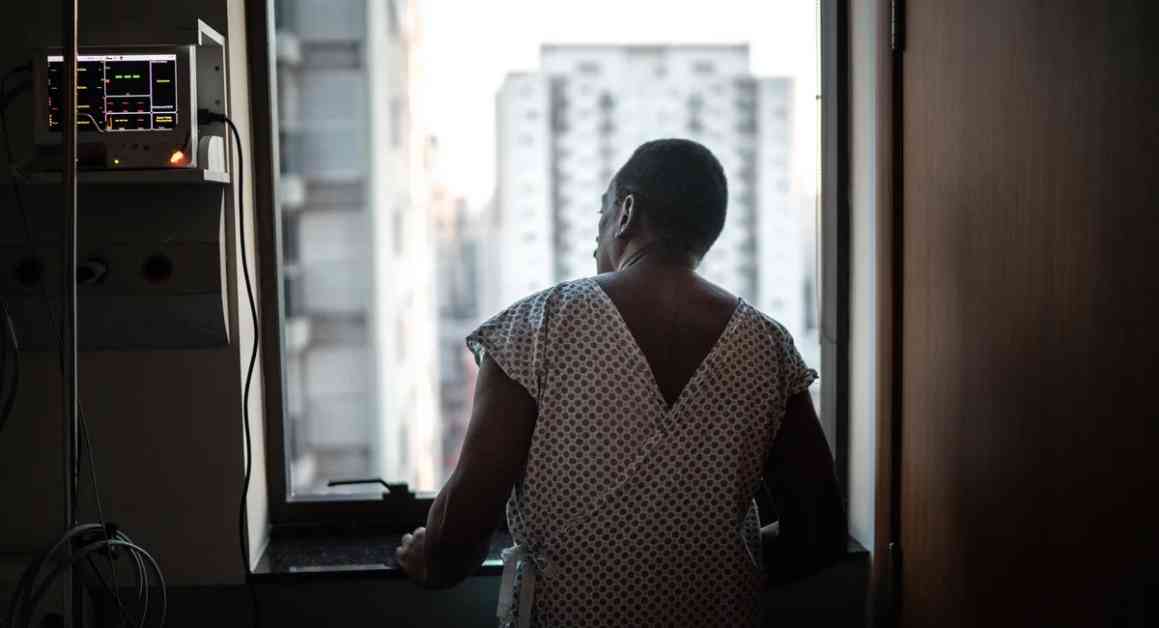New York City’s public hospital system might have to scale back on services — probably starting with specialty care — if Congress passes the federal Medicaid cuts approved by the House this week, according to Dr. Mitchell Katz, president and CEO of NYC Health and Hospitals. The city’s 11 public hospitals and large network of clinics mainly serve low-income patients, no matter their ability to pay. If push comes to shove, Katz said he would first look to cut administrative costs, but then would have to make tough decisions around patient care.
“We’d have to look at all the services we’re providing and figure out which ones are more essential than others,” Katz said during a Council hearing Friday. NYC Health and Hospitals is otherwise in a good place financially, representing a major turnaround from just a few years ago, Katz told City Council members during Friday’s budget hearing for the coming fiscal year. He said patient revenue was up almost $800 million from the previous year. But, Katz said, “That’s because the people have a source of insurance. If the people have no source of insurance, there’s nobody to bill.” When Katz took the helm of the public hospital system in 2018, it was facing a nearly $2 billion deficit that was taking a toll on the city budget. He helped turn the system around, in part, by more aggressively billing patients’ insurance for their care and getting uninsured patients enrolled in coverage if they were eligible.
In fiscal year 2013, about 40% of NYC Health and Hospitals’ patients were uninsured, but that figure shrank with the implementation of the Affordable Care Act and Medicaid expansion. By fiscal year 2024, only about 20% of public hospital patients lacked coverage. Many New Yorkers could lose insurance coverage once again if Congress approves legislation putting in place Medicaid work requirements, among other proposed changes. Under the latest version of the bill, Medicaid work requirements would go into effect by the end of 2026, instead of in 2029 as originally proposed. Katz emphasized that there is still a lot of uncertainty about how the cuts making their way through Congress will play out. But Councilmember Lincoln Restler pressed him on which services would go first if it came to that. Katz reasoned that emergency care is a matter of “life and limb” and primary care is cost effective, which would likely put expensive specialty care, like cardiology, on the chopping block. Nonprofit clinic operators serving low-income patients have similarly reasoned that specialty care would be the first thing to get scaled back if Medicaid cuts go through.












